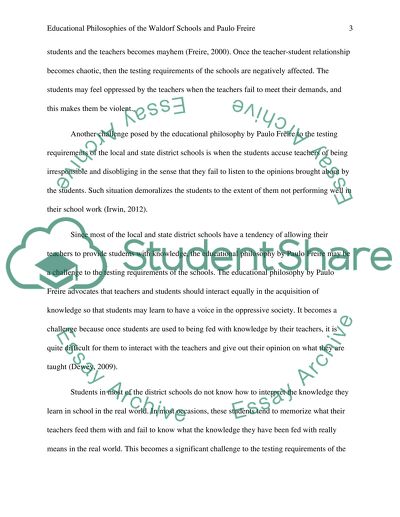Cite this document
(“What challenges do the educational philosophies of Paulo Freire and Research Paper”, n.d.)
Retrieved from https://studentshare.org/education/1460613-what-challenges-do-the-educational-philosophies-of
Retrieved from https://studentshare.org/education/1460613-what-challenges-do-the-educational-philosophies-of
(What Challenges Do the Educational Philosophies of Paulo Freire and Research Paper)
https://studentshare.org/education/1460613-what-challenges-do-the-educational-philosophies-of.
https://studentshare.org/education/1460613-what-challenges-do-the-educational-philosophies-of.
“What Challenges Do the Educational Philosophies of Paulo Freire and Research Paper”, n.d. https://studentshare.org/education/1460613-what-challenges-do-the-educational-philosophies-of.


